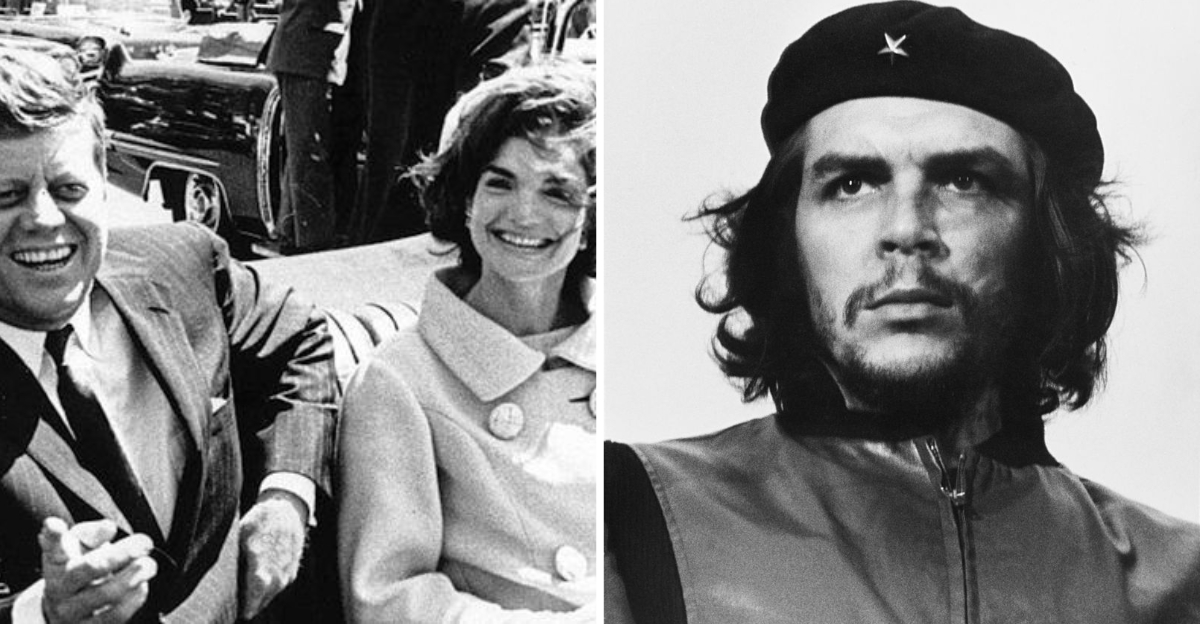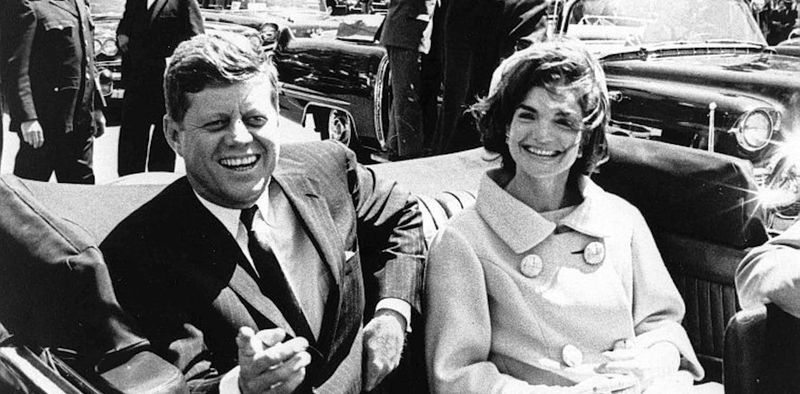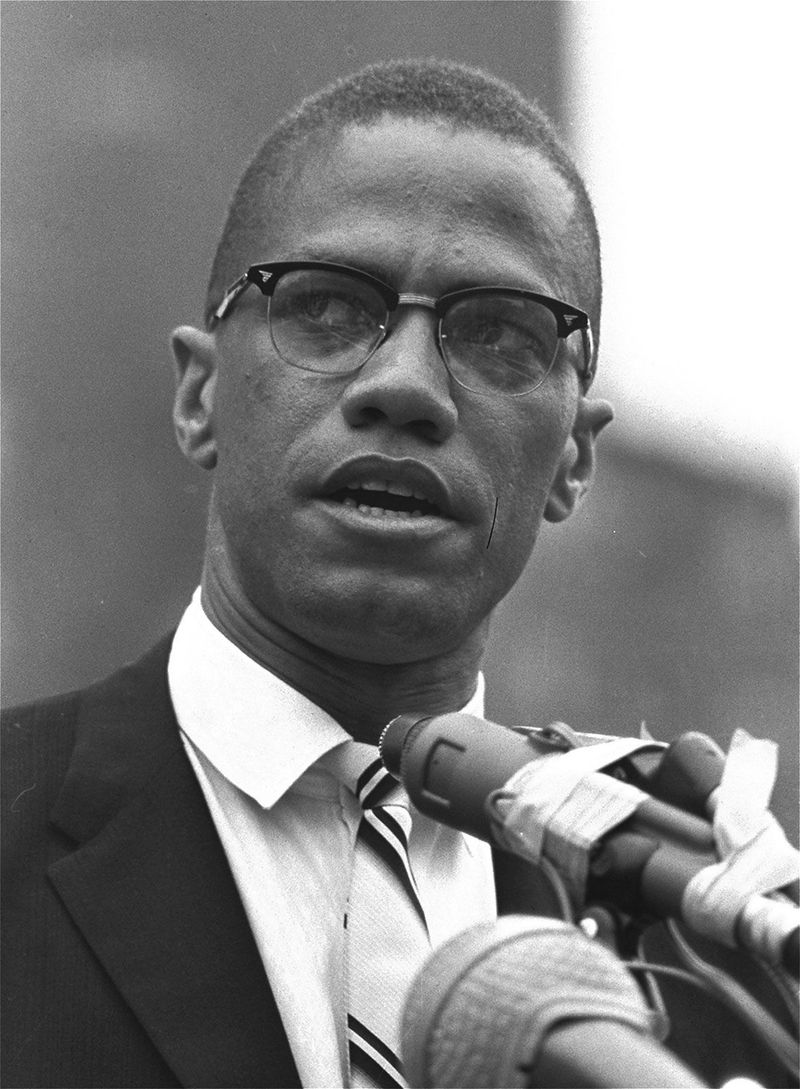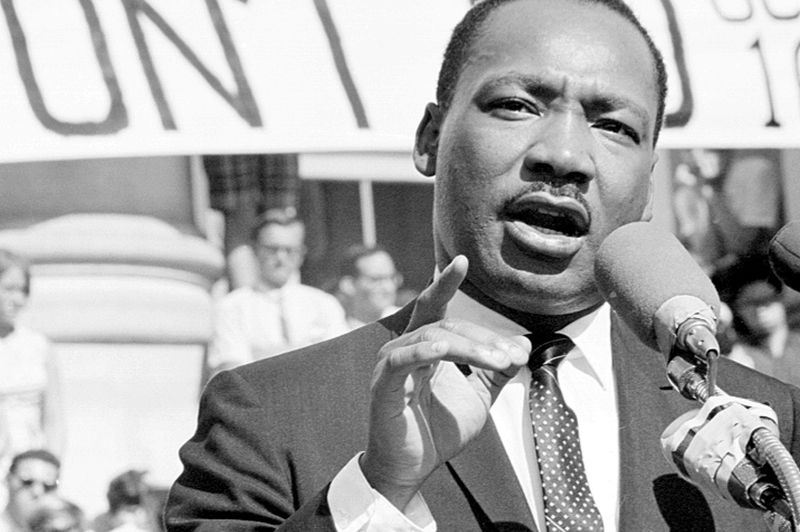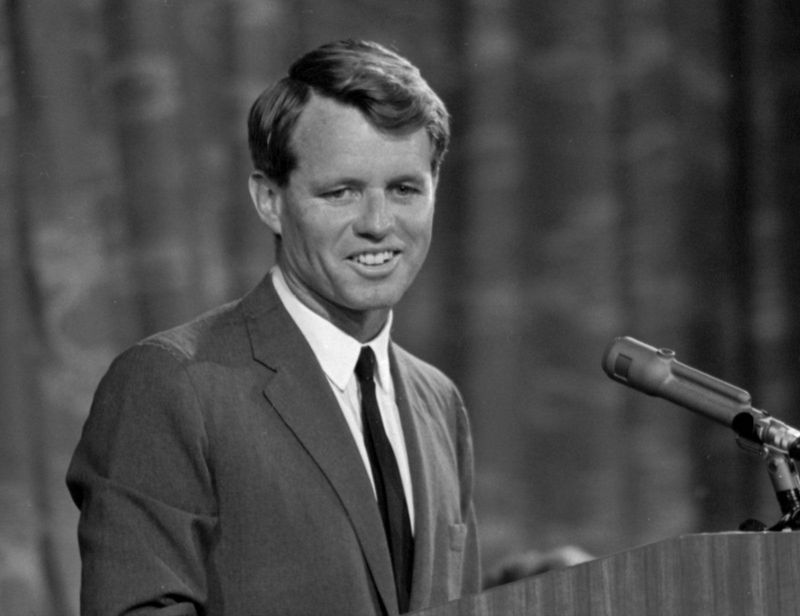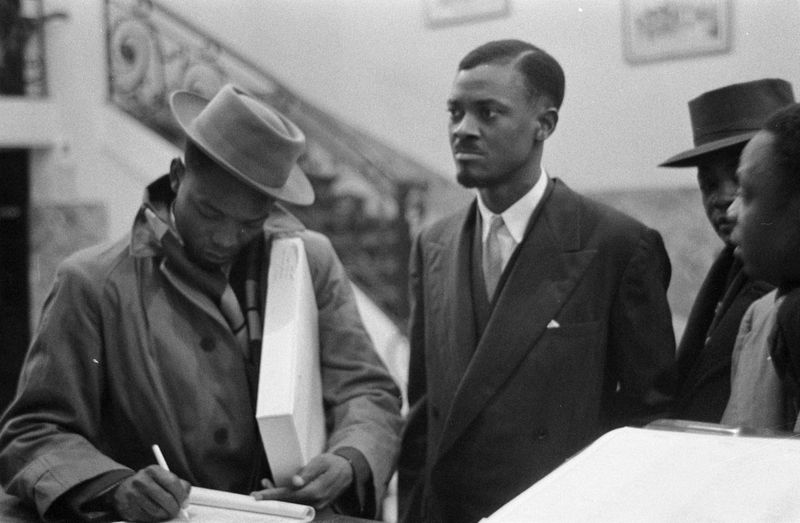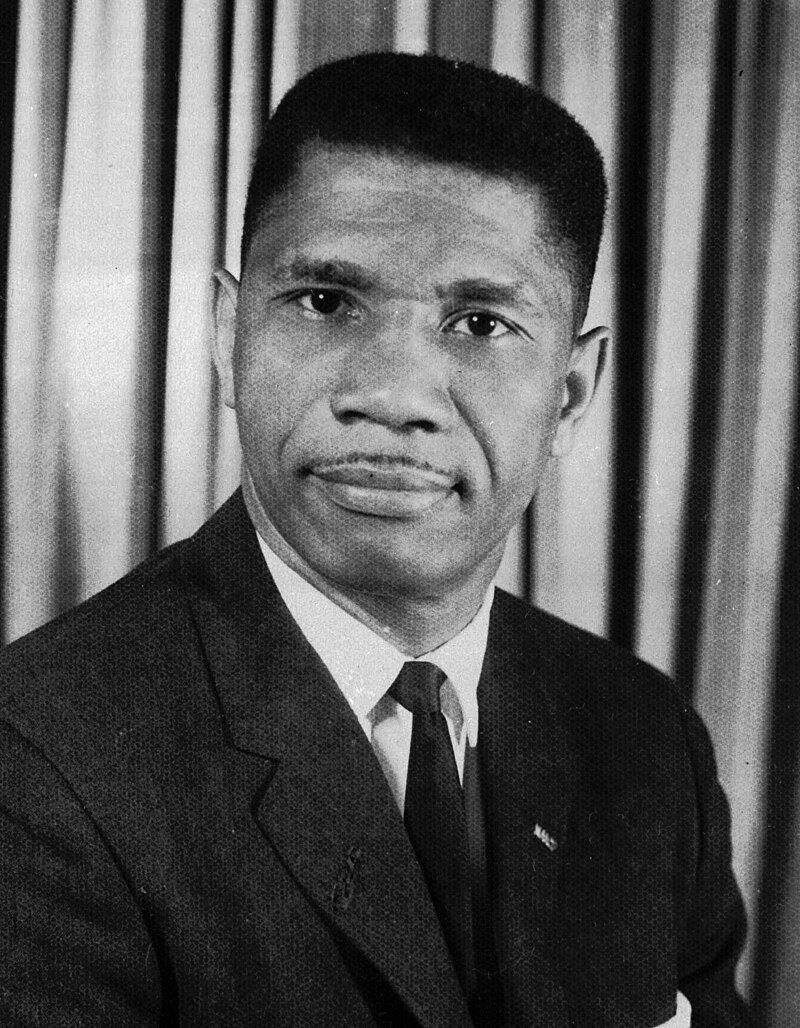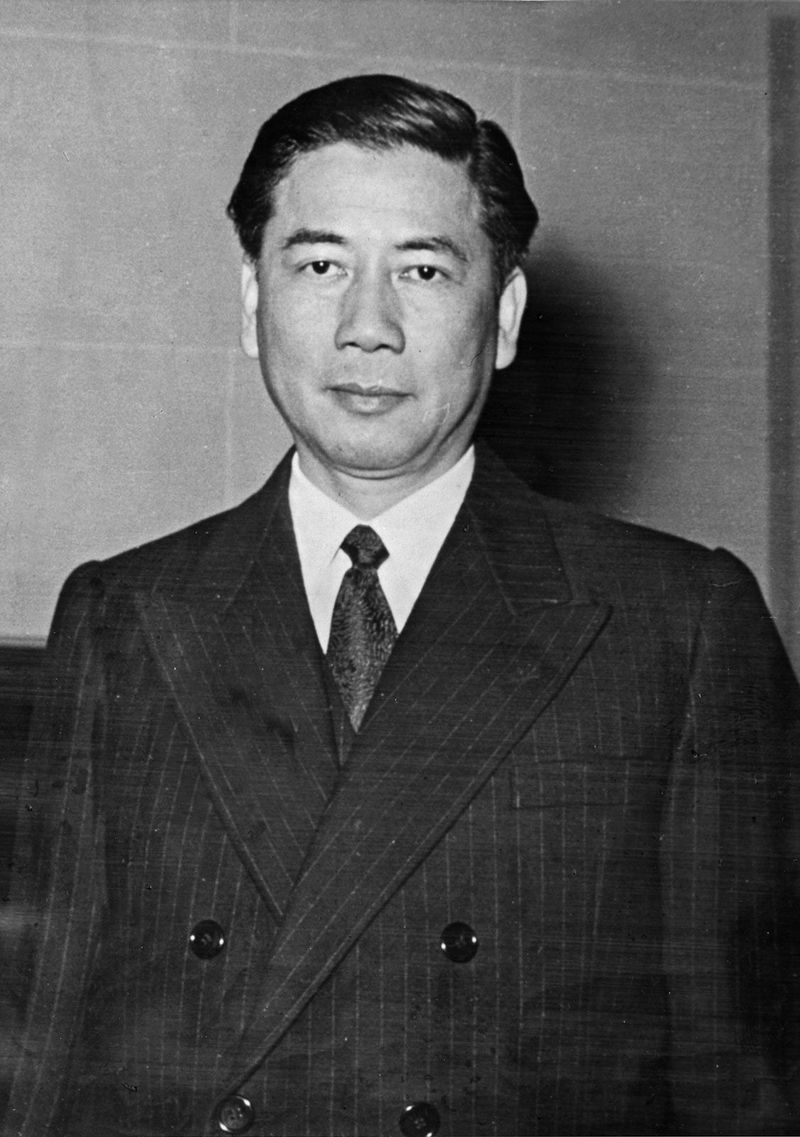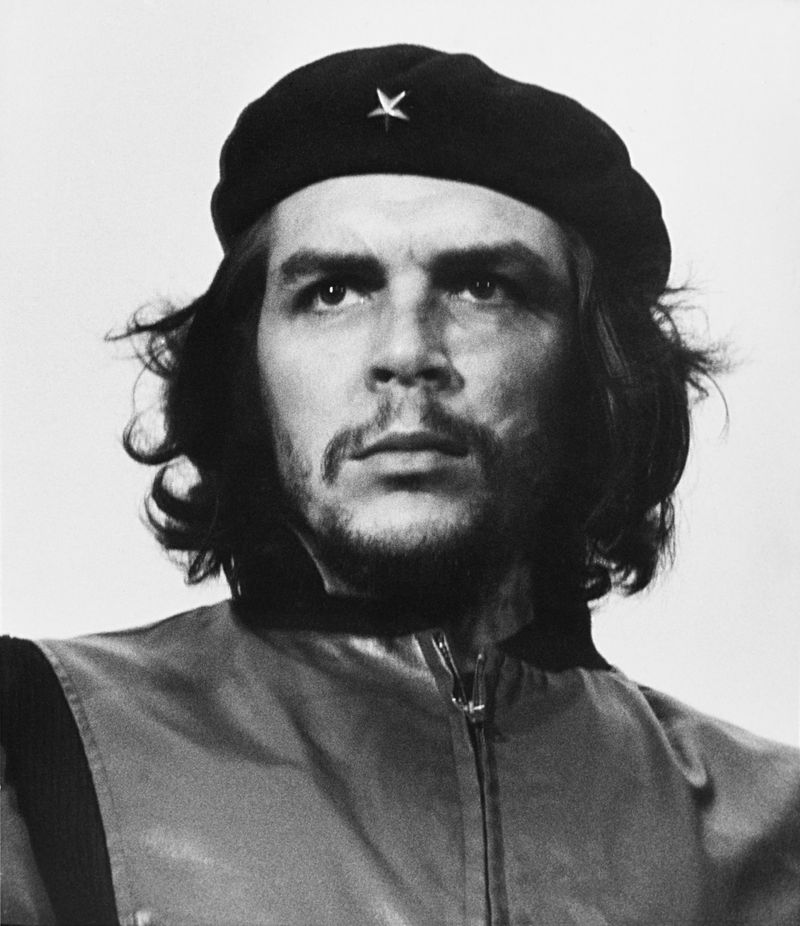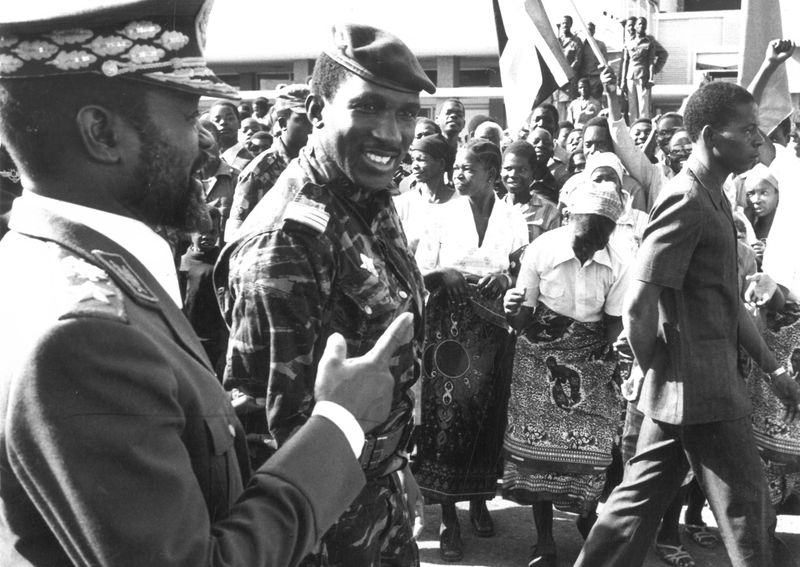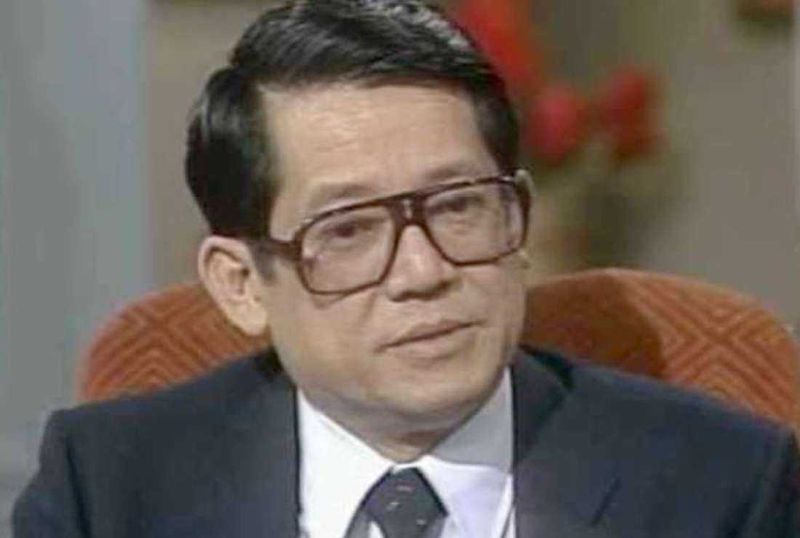The 1960s were a tumultuous decade marked by significant political assassinations that shaped world history. These tragic events left a lasting impact on societies, igniting political movements, and sparking widespread debate. Here, we explore ten pivotal assassinations of the 1960s, delving into the circumstances, the individuals involved, and the legacy they left behind. Each account is crafted to offer insight into the era’s political landscape, while also providing a human touch to these historical figures.
John F. Kennedy
On a sunny November afternoon in 1963, the world was shocked by the assassination of John F. Kennedy, the charismatic 35th President of the United States. Riding in a Dallas motorcade, Kennedy was struck by an assassin’s bullet, a moment that is etched in history. His death marked a turning point, leading to widespread mourning and political upheaval. The Warren Commission later concluded that Lee Harvey Oswald acted alone, but conspiracy theories still linger. Kennedy’s vision for America, cut short, continues to inspire, his legacy enduring through his speeches and policies that aimed for a brighter future.
Malcolm X
Malcolm X, a fiery orator and prominent figure in the Nation of Islam, was assassinated at age 39 while addressing a crowd in the Audubon Ballroom in New York City, 1965. Known for his outspoken views on civil rights and black empowerment, Malcolm’s death was a significant blow to the movement. Three gunmen rushed the stage, firing multiple shots, leaving the community in shock. His legacy endures through his teachings and autobiography, which continue to influence and inspire new generations fighting for racial equality. Malcolm’s transformation from troubled youth to influential leader remains a powerful narrative.
Martin Luther King Jr.
In April 1968, the world lost a peaceful warrior for civil rights, Martin Luther King Jr., at just 39. Standing on the balcony of the Lorraine Motel in Memphis, King was struck by a sniper’s bullet, silencing a voice that advocated for non-violent protest. His assassination sparked riots across the United States, a testament to his influence and the anger his loss provoked. Despite his untimely death, King’s dream of equality and justice reverberates through the generations. Each year, his speeches and writings are revisited, reminding us of the ongoing struggle for civil rights and the power of peaceful protest.
Robert F. Kennedy
Robert F. Kennedy, a beacon of hope and brother of John F. Kennedy, was tragically assassinated in 1968 at the age of 42. After delivering a victory speech at the Ambassador Hotel in Los Angeles, Kennedy was fatally shot, sending shockwaves across a nation already grieving from earlier losses. His assassination marked a pivotal moment in U.S. history, as it occurred during a year of intense social and political turmoil. Known for his compassion and dedication to social justice, Robert’s vision for a better America left an indelible mark, influencing countless individuals to pursue change and equality.
Patrice Lumumba
Patrice Lumumba, the first Prime Minister of the Democratic Republic of the Congo, was assassinated in 1961 at the age of 34. A passionate advocate for Congo’s independence, Lumumba’s leadership was cut short amidst Cold War tensions. His execution was a brutal affair, orchestrated by political rivals with foreign backing. Lumumba’s death symbolized the struggles of African nations breaking free from colonialism. Despite his brief tenure, his vision for a unified Congo continues to inspire, as does his dedication to African self-determination. Today, Lumumba is celebrated as a martyr, his legacy preserved in the hearts of those who fight for freedom.
Medgar Evers
Medgar Evers, a dedicated civil rights activist, was tragically assassinated in 1963 at the age of 37, outside his home in Jackson, Mississippi. As a field secretary for the NAACP, Evers was deeply involved in efforts to end segregation and promote voting rights for African Americans. His assassination was a significant blow to the civil rights movement, highlighting the risks faced by those who dared to challenge the status quo. Evers’ legacy lives on through his tireless work and dedication to justice, inspiring future generations to continue the fight for equality. His story underscores the enduring struggle for civil rights.
Ngo Dinh Diem
Ngo Dinh Diem, the first President of South Vietnam, was assassinated in 1963 at the age of 62 during a military coup. His leadership was marked by controversy, with his regime facing accusations of corruption and oppression. Despite his efforts to stabilize South Vietnam, his removal was seen as necessary by many, including the United States. Diem’s assassination marked a turning point in Vietnam’s history, leading to increased U.S. involvement in the region. His death is a stark reminder of the complexities of Cold War geopolitics and the impact of foreign intervention in national affairs, a lesson still relevant today.
Che Guevara
Che Guevara, an iconic revolutionary, met his end in the Bolivian jungle in 1967 at the age of 39. Captured by Bolivian forces, Guevara’s execution was ordered, cutting short his efforts to incite global revolution. Known for his role in the Cuban Revolution alongside Fidel Castro, Guevara’s life was one of constant struggle against imperialism. His death did not diminish his influence; instead, it cemented his status as a symbol of resistance and rebellion. Today, Guevara’s image endures as a cultural icon, his writings and ideals continuing to inspire those who seek to challenge the status quo.
Thomas Sankara
Thomas Sankara, though assassinated in 1987, his influence began in the late 1960s. As President of Burkina Faso, Sankara was a revolutionary leader known for his progressive policies and pan-African vision. His assassination during a military coup ended a promising era of reform and self-sufficiency. Despite his short tenure, Sankara’s ideas on education, health care, and women’s rights laid foundations for future progress. He is remembered as Africa’s “Che Guevara,” inspiring movements for social justice. His legacy is celebrated across Africa, reminding us of the power of leadership rooted in integrity and the pursuit of equality for all.
Benigno Aquino Jr.
Benigno Aquino Jr., though assassinated in the 1980s, his political journey faced significant challenges during the 1960s. As a leading voice against the dictatorship in the Philippines, his return from exile in 1983 was met with assassination at Manila International Airport. His death galvanized opposition to the regime, ultimately leading to political change. Aquino’s legacy is one of courage and resilience, inspiring the People Power Revolution that restored democracy in the Philippines. His story highlights the importance of standing up for one’s beliefs, even in the face of grave danger, a lesson that continues to resonate today.
